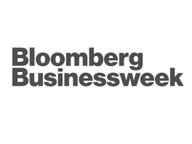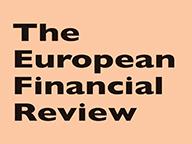NYU Stern's 2013 Global Alumni Conference in Shanghai and NYU Shanghai were highlighted



















































Excerpt from Associated Press -- "In many cases, food products get their wholesome appearance because of the different or stripped-down ingredients companies are using to make them more natural, said Michael Cohen, a visiting assistant professor of marketing at NYU's Stern School of Business. But in other cases, companies are making tweaks just to achieve a desired look. 'Food manufacturers are adapting by the way they mold the product or the end color or texture they want the product to be,' he said."

Excerpt from Associated Press -- "In many cases, food products get their wholesome appearance because of the different or stripped-down ingredients companies are using to make them more natural, said Michael Cohen, a visiting assistant professor of marketing at NYU's Stern School of Business. But in other cases, companies are making tweaks just to achieve a desired look. 'Food manufacturers are adapting by the way they mold the product or the end color or texture they want the product to be,' he said."